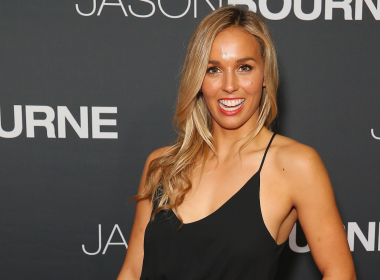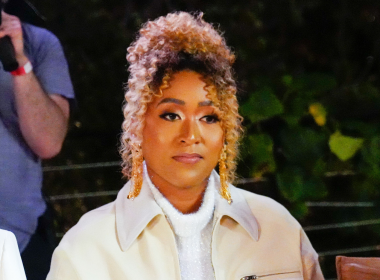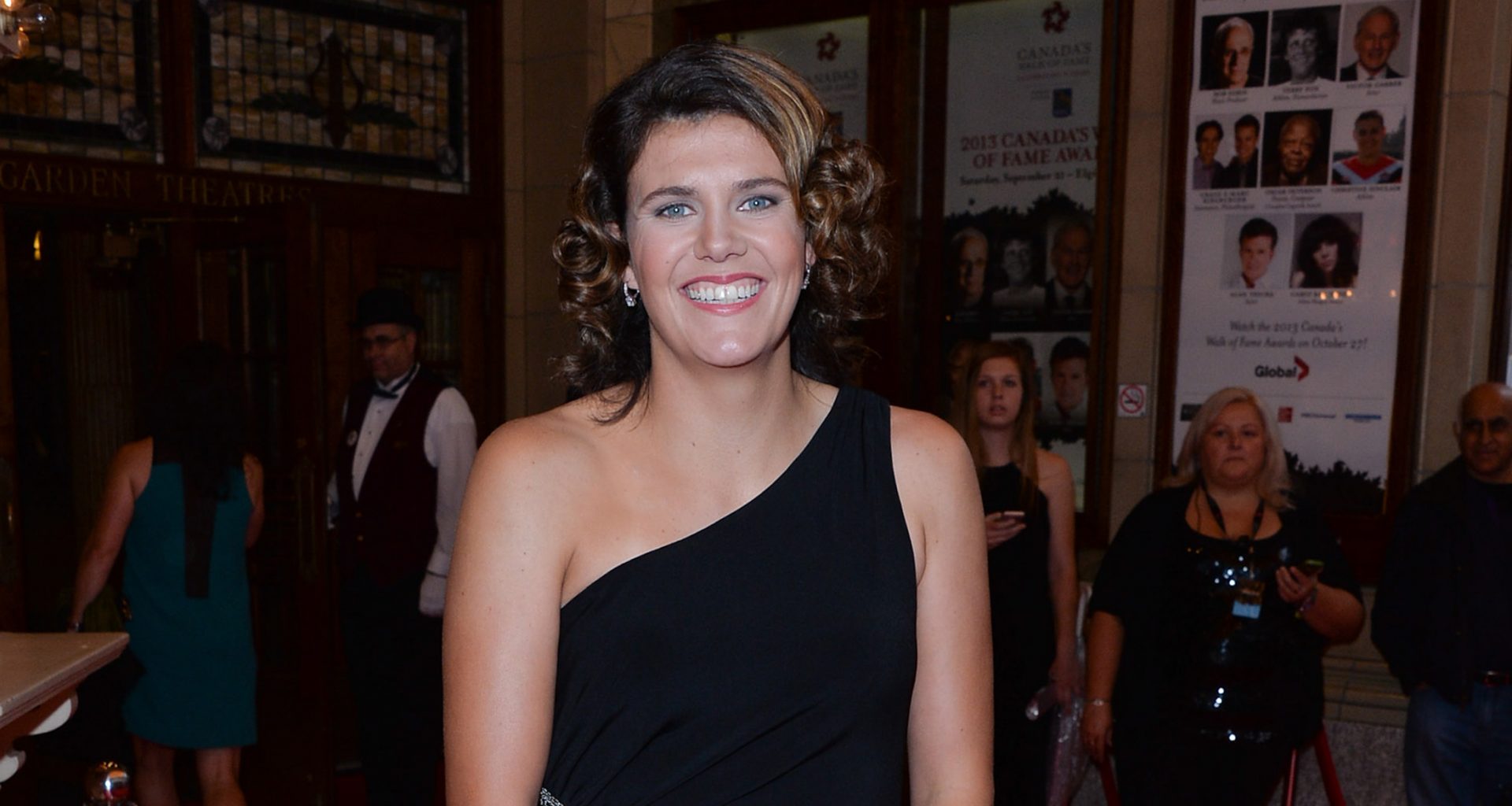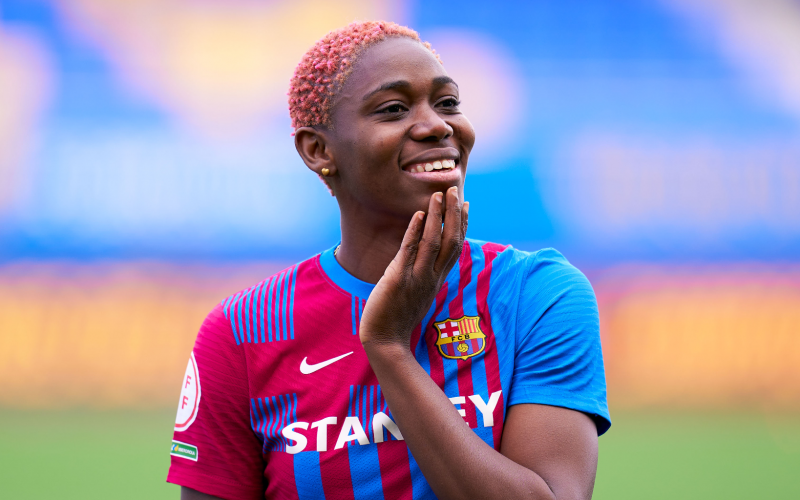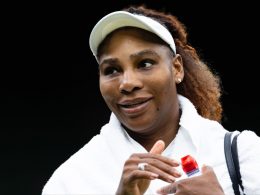Four members of the current Canadian Women’s Soccer Team appeared in front of Parliament this week in order to fight for gender pay equality.
The captain of the international side, Christine Sinclair, was joined by teammates Janine Beckie, Sophie Schmidt and Quinn in front of the House of Commons Standing Committee on Canadian Heritage on March 9.
The Women’s World Cup is set to kick off in Australia and New Zealand this July, with millions expected to tune in to watch the tournament. Sinclair and her fellow players are looking for government support ahead of the international tournament.
Speaking in the weeks leading up to the Parliament appearance, Sinclair said: “As the popularity, interest and growth of the women’s game has swept the globe, our most painstaking battle has been with our own federation and trying to obtain fair and equitable treatment in the way we are supported and the way we are paid.”
She added: “Canada Soccer’s approach has reflected a culture of secrecy and obstruction. As players, we were constantly told that our compensation — or lack of — was all that Canada Soccer could afford.”
This comes after the Men’s team also disputed against the governing body of the sport, Canada Soccer, before the 2022 World Cup in Qatar. Both the men’s and women’s teams have asked Canada Soccer to make their books public and to explain why programs are being cut in 2023.
The Women’s team, who are currently Olympic champions, came to an agreement in principle with Canada Soccer after their previous labour deal expired in 2021. However, despite compensation being covered for 2022, they insist that other problems still need to be solved.
Beckie summed up past experiences as: “a blatant disregard for the women’s program in the past from Canada Soccer executives.”
She added: “We feel quite disrespected by the way they went about their business.”
Ahead of the appearance in front of Parliament this week, Canada Soccer decided to release details of the proposed agreement with both the Women’s and Men’s teams. This agreement would see each member of each team paid the same amount per match and in tournament prize money. This would allegedly put the Women’s side as the second-highest-paid in Women’s international soccer.
Commenting on these agreements, Canada soccer stated: “this demonstrates Canada Soccer’s commitment to its core principle that if you are a Canada Soccer national team player — regardless of your gender — you will be paid the same for the work you do competing and representing our country.”
Canada Soccer general secretary Earl Cochrane added that: “It is time to get a deal done. We’ve been negotiating in good faith and want to get to a resolution with our national teams. In order to get there, we need both of our national teams to agree.
“Our women deserve to be paid equally and they deserve the financial certainty going into the 2023 FIFA Women’s World Cup [this summer in Australia and New Zealand].”
Despite this, the Women’s Soccer team claims there is more ground to be covered before true equality and labour peace can be achieved.
Sinclair concluded: “On a personal note I’ve never been more insulted than I was by Canada Soccer’s own president, Nick Bontis last year as we met with him to discuss our concerns.
“I was tasked with outlining our compensation ask on behalf of the women’s national team. The president of Canada Soccer listened to what I had to say and then later in the meeting referred back to it as ‘What was it Christine was bitching about?’
“To me, this spoke volumes about the lack of respect Canada Soccer has for its women’s national team.
“As a team, we do not trust Canada Soccer to be open and honest as we continue to negotiate not only fair and equitable compensation and treatment but for the future of our program.”



